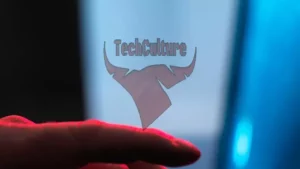Tech Titans Clash: Musk and LeCun Spar Over Democracy and Media
In a recent escalation of tensions between tech industry leaders, Elon Musk, CEO of Tesla and SpaceX, found himself at odds with Yann LeCun, Chief AI Scientist at Meta, over comments about the New York Times and democratic institutions.
The conflict ignited when Musk, responding to conservative commentator Ben Shapiro, labeled the New York Times as a “threat to democracy.” This statement prompted a swift and pointed response from LeCun, who turned the accusation back on Musk.
LeCun, a prominent figure in artificial intelligence research, accused Musk of being “a major threat to democracy” himself. The AI expert criticized Musk’s use of his substantial platform to support authoritarian figures and undermine democratic institutions. LeCun particularly highlighted Musk’s acquisition of Twitter, suggesting it was being used as a tool to discredit essential societal structures.
This public disagreement is not the first between the two tech luminaries. Previous altercations have included Musk’s criticism of LeCun’s work and LeCun’s mockery of Musk’s AI ventures. In a notable incident, LeCun derided a hiring call for Musk’s xAI company, leading to a heated exchange where Musk questioned LeCun’s scientific contributions. LeCun responded by providing a list of his recent publications, underscoring the ongoing tension and differing perspectives between the two.
The feud highlights a broader clash within the tech industry over media influence, democratic values, and the role of AI in society. LeCun’s criticisms emphasize the importance of credible scientific contributions and the preservation of democratic institutions in an increasingly digital world.
This latest exchange comes amid other challenges for Musk, including a lawsuit from the Philadelphia District Attorney, adding to the complex landscape of legal and political issues surrounding the tech mogul.
As the debate continues, it remains clear that the intersection of technology, media, and democracy will remain a contentious issue among industry leaders and the public alike.






